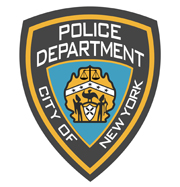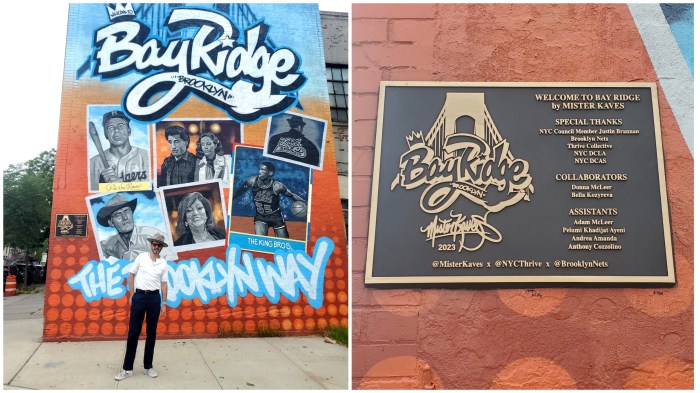The Police Department will start a neighborhood policing program within the next few months in the 68th and 62nd precincts — which include Bay Ridge, Dyker Heights, Bath Beach, and Bensonhurst — Councilman Justin Brannan (D–Bay Ridge) announced on Feb. 21.
The community policing — which emphasizes making officers familiar faces within small beats — will help strengthen trust between police officers and locals, Brannan said in a statement, adding that the move was meant to replace the nabe’s “broken-windows policing,” the zero-tolerance policy towards petty crime that former police commissioner Bill Bratton popularized in the mid-1990s, which critics and scholars charge contributes to racial profiling.
“It’s important that residents and police officers work together to build trust in order to achieve the mutual goal of safe streets and strong neighborhoods,” Brannan said. “Our neighborhoods will benefit from neighborhood policing and the return of the ‘cop on the corner.’ People will become familiar with the officers serving their community every day, which goes a long way in building trust.”
The dedicated beat cops will debut in the 62nd Precinct in April, and the 68th Precinct in July, Brannan said. The initiative divides each precinct into sectors by neighborhood and assigns two “neighborhood coordination officers” to each nabe to get to know it and its inhabitants better. The officers are even forbidden to leave their sectors unless there is a precinct-wide emergency, and are expected to attend community meetings, visit schools, and follow up on past incidents, according to the program website.
Exactly how many neighborhood coordination officers will be assigned to each precinct and how many sectors each precinct will be divided into will be determined in the coming months, according to Brannan’s office.
The city launched the program in May 2015, and it’s already active in 51 of the city’s 77 precincts, according to a New York Times report last November, which also cited a decline in arrests and a renewed focus of how community concerns are addressed among officers citywide as a result of the program. The department’s Patrol Services Bureau aims to establish the practice in every precinct citywide by 2019, according to the program website.
Statistics show there is little crime overall in the 68th and 62nd precincts. There have been no burglaries, rapes, or car thefts in either precinct so far this year, and crime has decreased by 41 percent in the past two years in the 68th Precinct and by 19 percent in the 62nd Precinct.
One local who started a controversial email-based neighborhood watch program in Dyker Heights said that she supports the program and thinks it will be an effective way to better connect the police with locals.
“I think it’s good that we have police officers that get involved with the community and interact with the community,” said Fran Vella-Marrone, the president of the Dyker Heights Civic Association.























